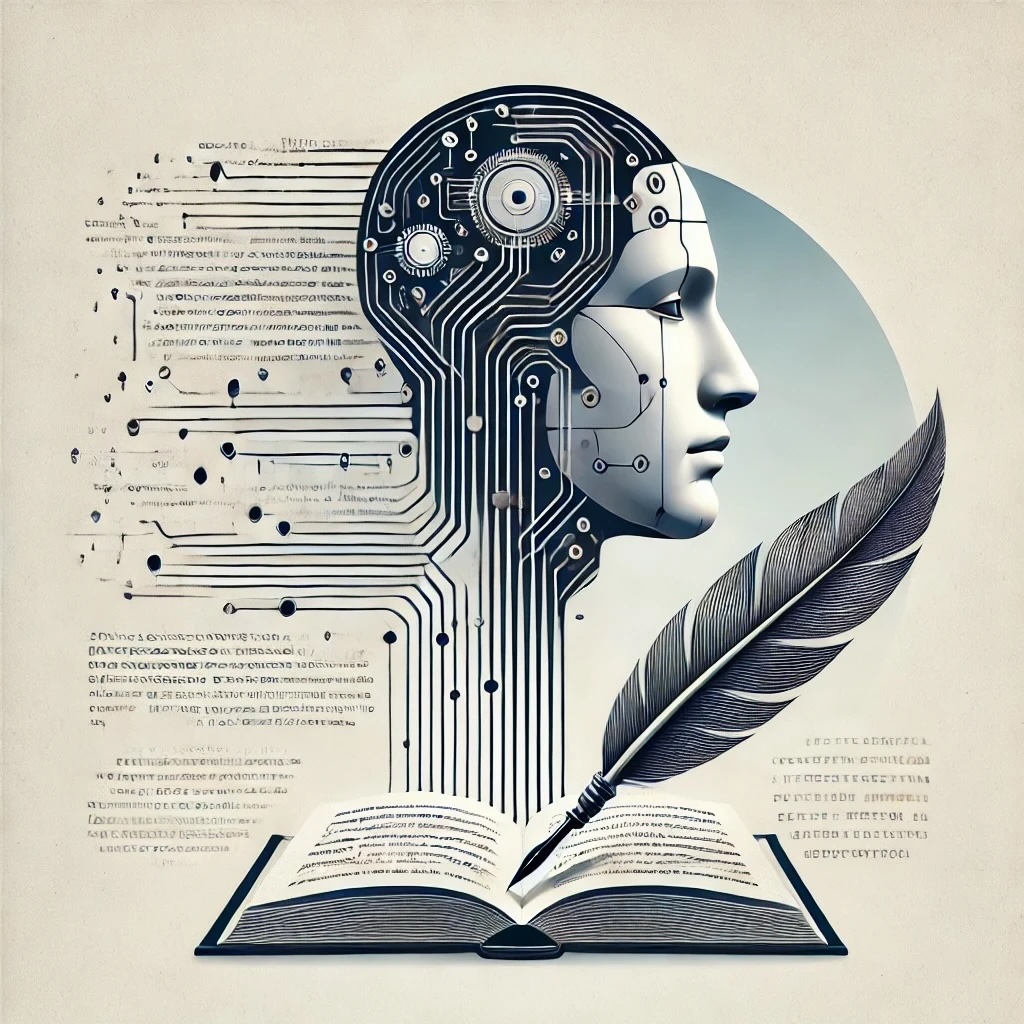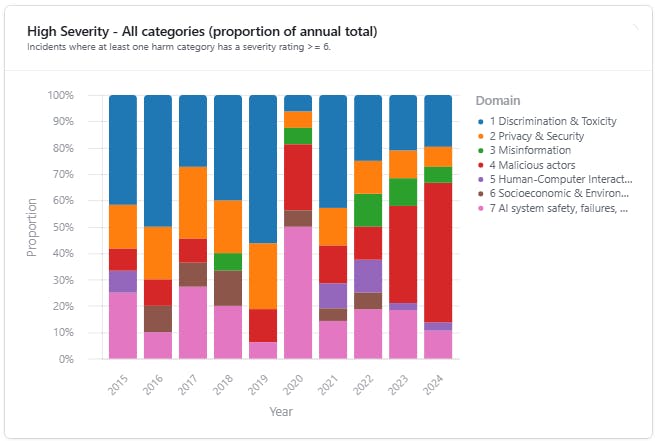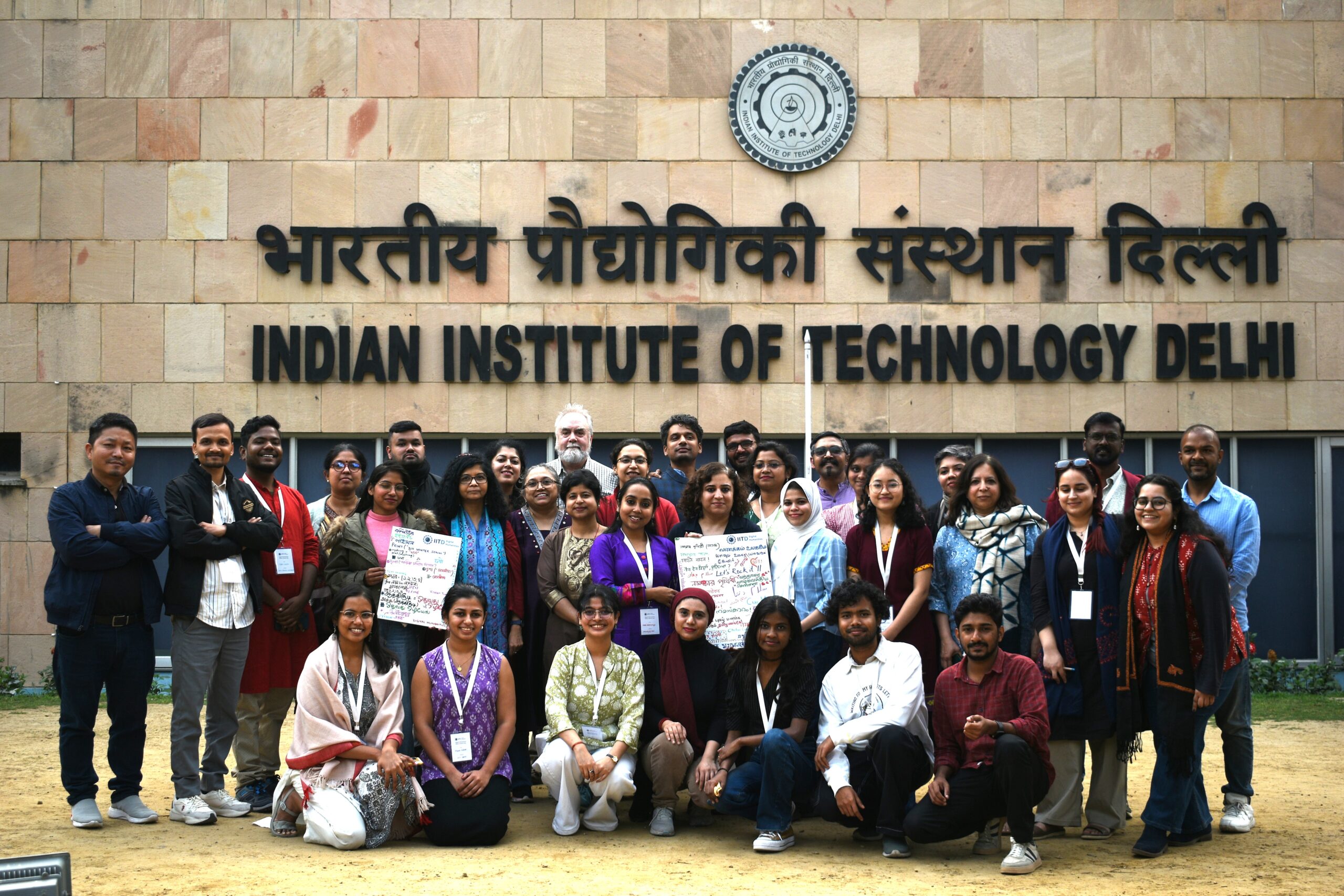Are American institutions ready for the AI age?
3QuarksDaily pointed me to an essay in Arena on Life, Liberty, and Superintelligence. The essay starts with the question that Dario Amodei tackled in Machines of Loving Grace, namely, what might be the benefits of artificial intelligence (AI). It then questions whether we could actually achieve the potential benefits without the political will and changes needed to nimbly pivot.
Benefits: Amodei outlined a set of domains where intelligence could make a real difference, including:
- Biology and health,
- Neuroscience and mind,
- Economic development and poverty, and
- Peace and governance.
Amodei concluded with some thoughts on Work and meaning, though the loss of work and meaning may not be a benefit.
It is important that we talk about the benefits as massive investments are made in infrastructure for AI. We should discuss what we think we are going to get other than some very rich people and yet more powerful companies. Discussion of benefits can also balance the extensive documentation of risks.
Institutions: The essay then focuses on whether we could actually see the benefits Amodei outlines even if we get powerful AI. Ball points out that everyone (like JD Vance) believes the USA should lead in AI, but questions if we have the political will and appropriate institutions,
Viewed in this light, the better purpose of “AI policy” is not to create guardrails for AI — though most people agree some guardrails will be needed. Instead, our task is to create the institutions we will need for a world transformed by AI—the mechanisms required to make the most of a novus ordo seclorum. America leads the world in AI development; she must also lead the world in the governance of AI, just as our constitution has lit the Earth for two-and-a-half centuries. To describe this undertaking in shrill and quarrelsome terms like “AI policy” or, worse yet, “AI regulation,” falls far short of the job that is before us.
There could be other countries (read China) who may lag when it comes to innovation, but are better able to deploy and implement the innovations. What sort of institutions and politics does one need to be able to flexibly and ethically redesign civil institutions?





